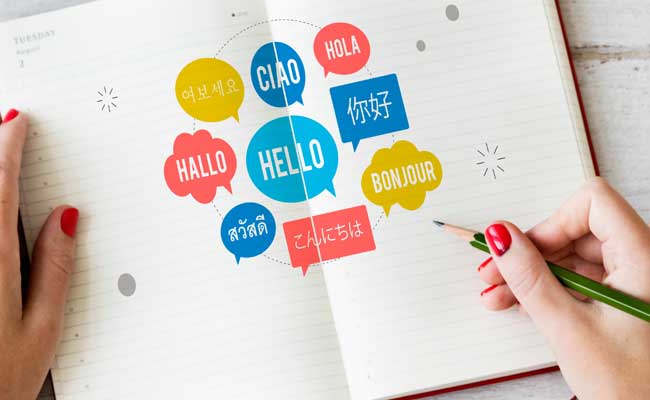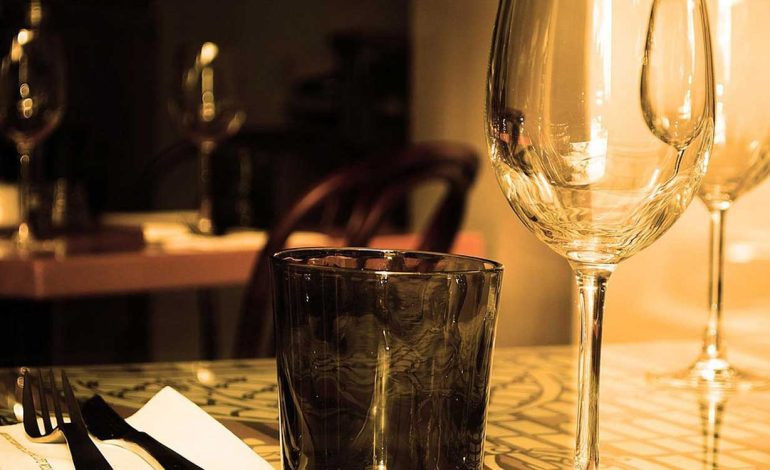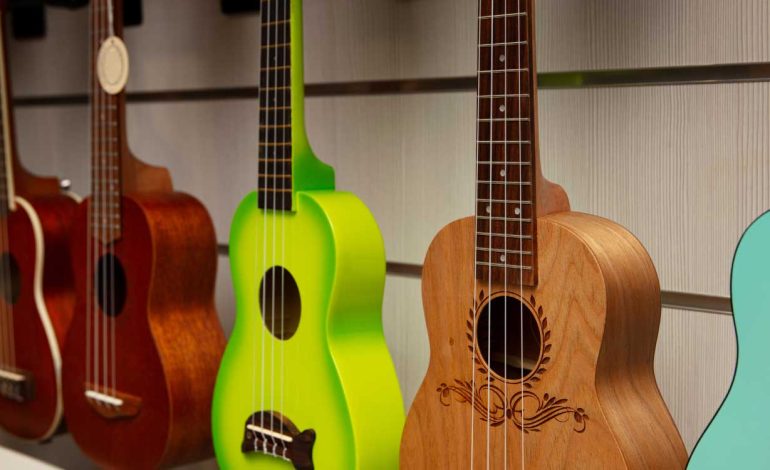Mauritius, a stunning island in the Indian Ocean, is not just famous for its beautiful beaches and lush scenery—it is also home to a diverse mix of cultures and languages. Over centuries, different ethnic groups have shaped its unique linguistic landscape into a colourful mosaic.

Mauritian Creole: The Heartbeat of the Island
Mauritian Creole lies at the heart of Mauritius’ cultural tapestry, shaped by centuries of diverse influences. It originated during the time of African slavery as a blend of French and African languages, evolving with the arrival of Indian and Chinese labourers in later years. This mix gave rise to a unique vocabulary and grammar that reflect the island’s rich heritage.Today, Mauritian Creole serves as the everyday language for most Mauritians, bridging cultural divides and fostering unity among its people. It is more than just a means of communication; it is a symbol of resilience and shared identity, embodying the island’s history of diversity and adaptation. Whether in bustling markets or at family gatherings, Mauritian Creole echoes with the rhythms of Mauritius’ past and present, connecting generations and celebrating its multicultural essence.
French: A Legacy of Colonial Influence
Back when Mauritius was under French rule (1715-1810), French culture left a lasting mark. Today, French is not just a language here—it is in our government offices, schools, and everyday conversations. You will spot French influences in our historic buildings with their elegant colonial architecture. And when it comes to food, our dishes are a tasty mix of local flavours and French culinary techniques, making dining a delightful fusion. Even in our Creole language, you will hear French expressions sprinkled in, showing how deeply intertwined our heritage is. Stroll through our markets, delve into our history, or dine with friends—French culture weaves through the essence of Mauritius.
English: The Language of Education and Commerce
Since Mauritius became a British colony in 1810, English has become deeply ingrained in everyday life. As an official language, it plays a pivotal role in education, where it serves as the primary medium of instruction in schools and universities. Beyond academia, English is indispensable in the realms of commerce and government, facilitating seamless interactions both locally and internationally.In business, proficiency in English is often a requirement for accessing global markets and engaging in international trade. Within government circles, English is used extensively for official communications, legislation, and diplomatic relations. Its prevalence reflects Mauritius’ strategic position as a hub for regional and international business, bolstering its reputation as a centre of commerce and connectivity in the Indian Ocean region.Moreover, English proficiency is seen as a key asset for Mauritians seeking opportunities in sectors such as tourism, finance, and technology, where fluency in the language enhances competitiveness and opens doors to global networks and collaborations.
Indian Languages: Cultural Bridges
When Indians first arrived in Mauritius as indentured labourers during the 19th and early 20th centuries, they brought with them a rich linguistic heritage. Bhojpuri, a language from the northern Indian state of Bihar, became one of the primary languages spoken among the Indo-Mauritian community. It served as a means of communication and cultural expression, preserving traditions through folk songs, stories, and religious practices. Hindi, another prominent language, not only united the Indian diaspora but also connected them to their roots through literature and cultural events. Tamil, spoken predominantly by Tamil migrants from southern India and Sri Lanka, enriched the Mauritian tapestry with its ancient literary traditions and vibrant cultural practices. Marathi, brought by migrants from Maharashtra, and Telugu, spoken by those from Andhra Pradesh and Telangana, further diversified the linguistic landscape. These languages became integral to familial and communal identities, fostering a sense of belonging and resilience among their speakers in Mauritius. Each of these languages tells a tale of migration, adaptation, and cultural endurance, weaving together the intricate fabric of Mauritian society. Today, they continue to thrive, evolving with local influences while maintaining strong ties to their origins, celebrating diversity and enriching Mauritius’ multicultural identity.
Chinese Languages: Roots and Traditions
The Hakka and Mandarin languages are cherished by Mauritius’ Sino-Mauritian community, descendants of Chinese immigrants who settled on the island in the 19th century. These languages serve as vital threads connecting them to their Chinese heritage, facilitating the transmission of cultural practices and traditions across generations. Hakka, originating from southern China, and Mandarin, the official language of China, are used in familial settings, community gatherings, and religious ceremonies. They play a crucial role in preserving cultural rituals, such as Lunar New Year celebrations and ancestral worship, which uphold familial bonds and community solidarity. Moreover, the Sino-Mauritian community has contributed significantly to Mauritius’ culinary scene, blending Chinese cooking techniques with local flavours to create unique dishes like dim sum and fried noodles. Beyond food and language, the community has enriched the island’s cultural diversity through traditional arts, music, and festivals, reinforcing their heritage’s enduring influence on Mauritian society.
Urdu: Cultural Identity of the Muslim Community
Urdu and Arabic hold profound significance within Mauritius’ Muslim community, rooted in their historical ties to northern India, Pakistan, and the broader Islamic world. Urdu serves as a pivotal language of cultural expression, religious discourse, and social cohesion among Mauritian Muslims. It facilitates Quranic recitations, religious teachings, and sermons during Friday prayers, nurturing spiritual growth and preserving Islamic traditions. Arabic, as the language of the Quran and Islamic scholarship, holds sacred status and is integral to religious education in Mauritius. It is taught in madrasas (Islamic schools) alongside Urdu, providing foundational knowledge for understanding religious texts and practices. Arabic also permeates daily rituals and ceremonies, reinforcing connections to Islamic heritage and fostering a deeper sense of community among Mauritius’ Muslim population. Together, Urdu and Arabic enrich Mauritius’ multicultural fabric, serving not only as languages of faith and cultural pride but also as pillars of unity and identity within the diverse Mauritian society.
The Linguistic Tapestry of Mauritius
Mauritius stands as a testament to the beauty of multiculturalism, where languages intertwine to form a rich tapestry of identity and belonging. Whether through the rhythmic melodies of Mauritian Creole, the elegance of French, or the vibrant expressions of Indian and Chinese languages, Mauritius celebrates diversity in every word spoken. It is a place where languages not only communicate but also bridge generations, cultures, and histories, making Mauritius truly unique in the world.


